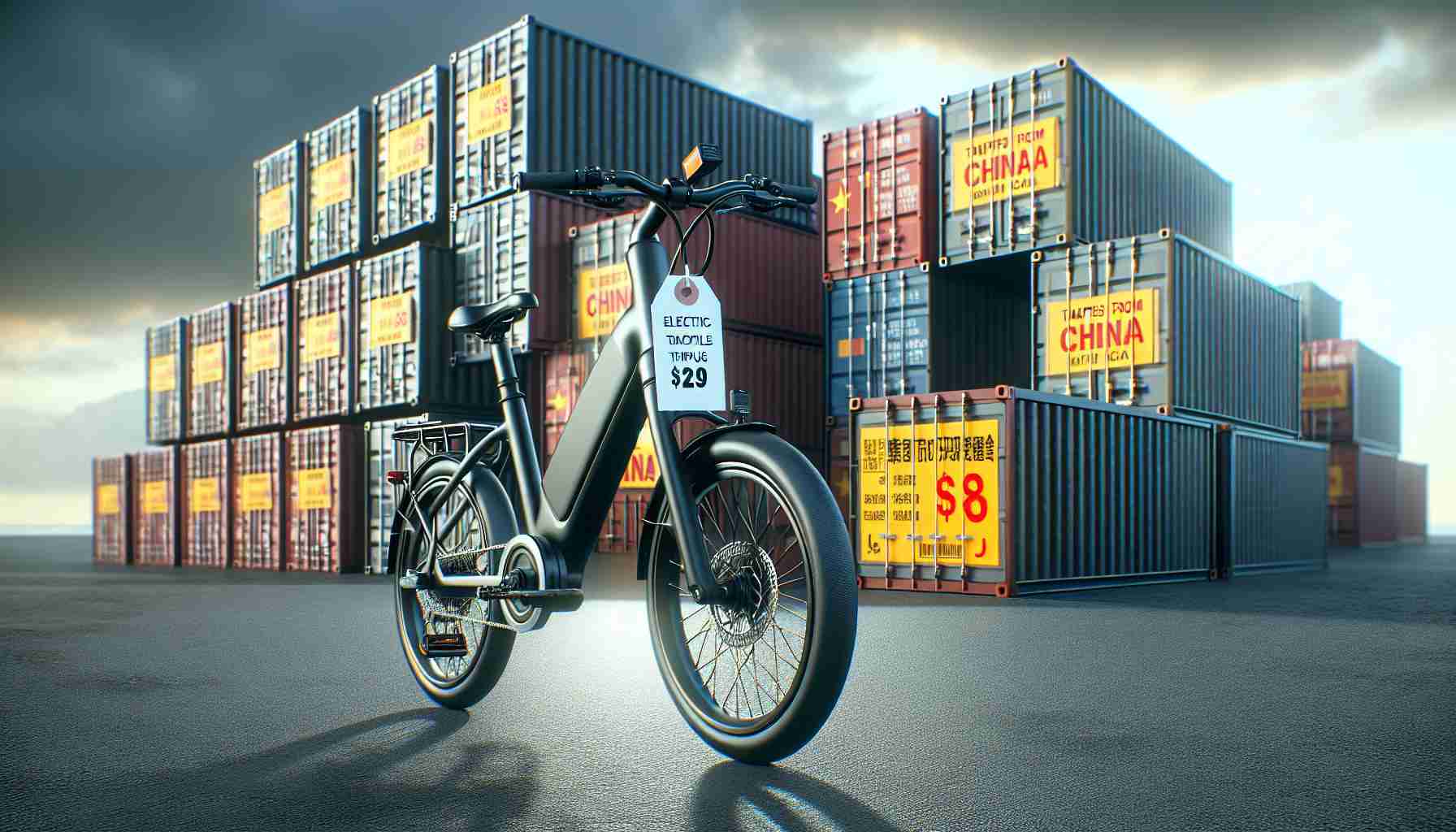
In 2024, the landscape for electric bikes (e-bikes) is evolving with the imposition of tariffs affecting manufacturers, retailers, and consumers alike. These tariffs, which vary by region and trade agreements, have sparked discussions about their impact on the e-bike industry and the broader implications for sustainability and affordability.
Understanding the Tariffs
Tariffs are taxes imposed on imported goods, intended to protect domestic industries or generate revenue for the government. In recent years, e-bikes have become a focal point for tariff discussions, especially between major trading partners such as the United States, European Union, and China. These tariffs can significantly affect the cost of e-bikes, potentially making them more expensive for consumers.
Impact on Consumers
For consumers, tariffs on e-bikes mean potentially higher prices. This can influence purchasing decisions and affordability, particularly for those considering e-bikes as an alternative to traditional transportation or for recreational use. The increased cost may also affect the adoption rates of e-bikes, which have been steadily rising due to their environmental benefits and convenience.
Industry Response
Manufacturers and retailers in the e-bike industry are adapting to these tariff changes by exploring alternative sourcing strategies, negotiating with suppliers, and assessing their pricing strategies. Some companies may absorb part of the tariff costs to remain competitive, while others may pass them on to consumers, depending on market conditions and consumer demand.
Environmental and Societal Impact
E-bikes play a crucial role in promoting sustainable transportation and reducing carbon emissions. Higher tariffs could potentially slow down the adoption of e-bikes, hindering progress towards environmental goals. Moreover, they may impact job creation and economic growth in the e-bike manufacturing sector, which has been a source of innovation and employment in many regions.
Looking Ahead
As we navigate through 2024 and beyond, the e-bike industry continues to evolve amidst tariff challenges. Advocacy groups, industry stakeholders, and policymakers are engaged in discussions to mitigate the impact of tariffs on e-bike affordability and accessibility. Consumers are encouraged to stay informed about tariff developments and explore options that align with their budget and environmental values.
In conclusion, while tariffs present challenges for the e-bike industry, they also stimulate conversations about sustainability, affordability, and global trade dynamics. As stakeholders work towards solutions, the potential of e-bikes to transform urban mobility and reduce environmental impact remains a compelling reason to support their continued adoption and innovation.






